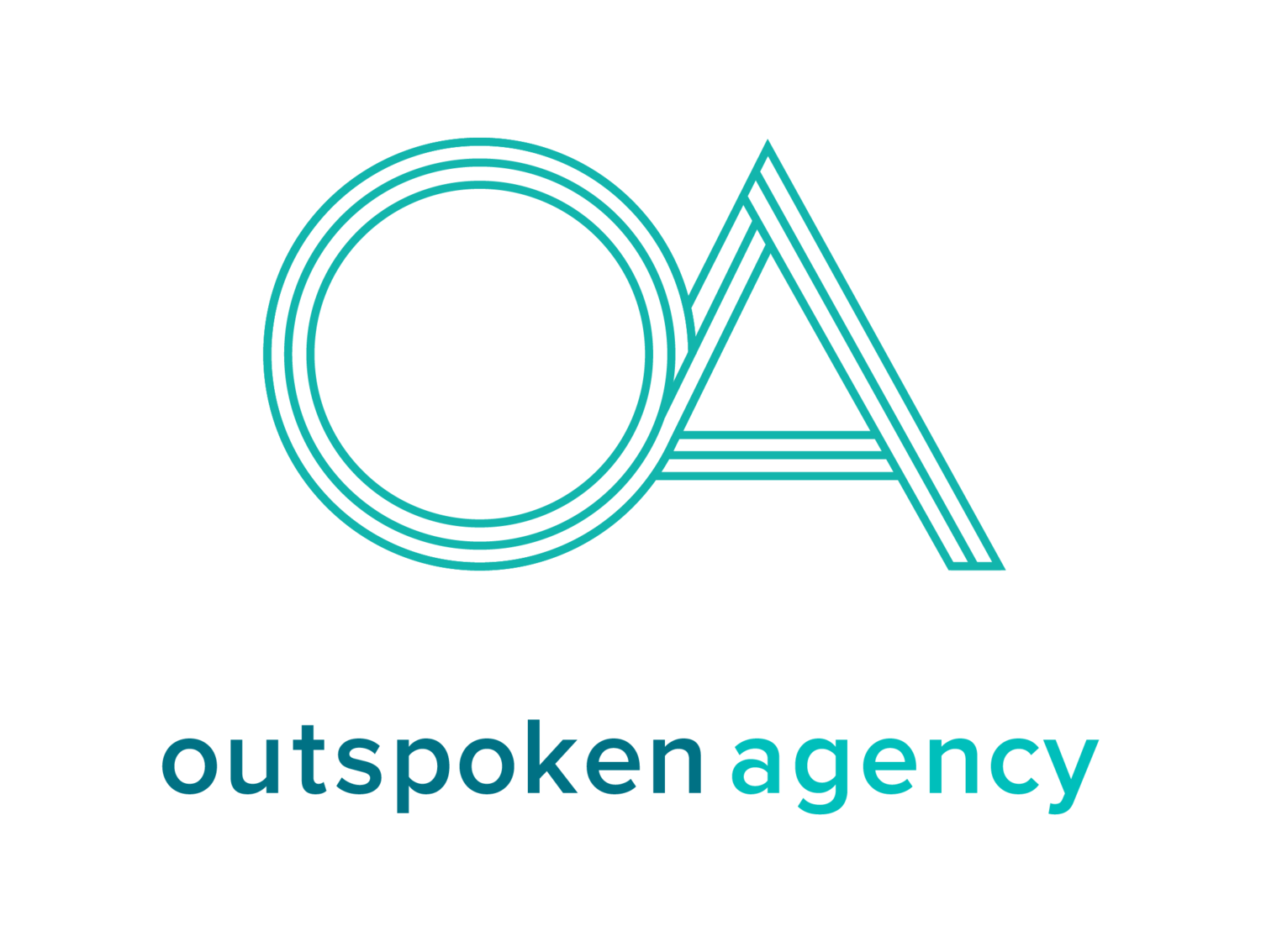Gross: What are the top three key takeaways you'd like people to have after reading Get It Together?
Berger: You don’t have to feel so busy all of the time. And better yet – it’s okay not to be busy at all. In fact, I challenge you to tell someone that you aren’t busy or just mention nothing about “being busy” the next time you see someone.
Part of getting it together is dealing with rejection and failure. I have a whole chapter dedicated to this topic – it’s one of my favorites.
You have to prioritize yourself – no one else will. There are ways to redefine your goals and routine. There are ways to do better work, achieve more and feel better at work and at home, but it’s up to you to activate those strategies.
Gross: What are the most important characteristics someone needs to have to be successful in your role?
Berger: Honestly? Embrace rejection, love rejection and expect rejection. It’s tough out there. Be resilient.
Gross: You have thousands of Intern Queen members. What advice would you give to other entrepreneurs who hope to create an offline and online community?
Berger: Be consistent, have a voice and don’t write content just to write content. Focus on quality over quantity. Build personal one-on-one relationships the best that you can. Word of mouth will always be your best and strongest marketing tool.
Gross: What's the biggest lesson you learned at work, and how did you learn it?
Berger: It’s hard to pick one lesson – I learn so many each day. One lesson is that no matter how big your team is, no one will care as much as you do. At the end of the day, it still falls on you to push your business up the mountain.
Gross: What is one thing that you wish you had known when you were starting out your career?
Berger: I wish I would have known that rejection doesn’t mean never, it just means not right now. Things change, people get promoted and people come around. Hang in there!
Gross: What is the best advice you've ever received?
Berger: You miss 100% of the chances you don’t take. Just ask. What’s the worst that can happen?
Gross: What is your business advice for other young professional women?
Berger: Collaborate, introduce yourself, fail hard and know when to pivot.






